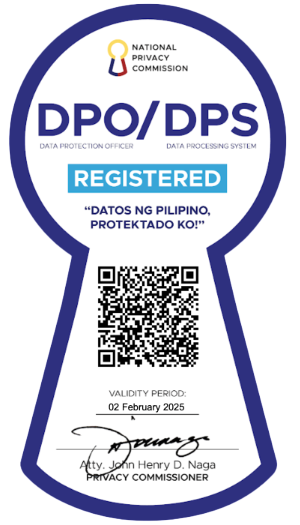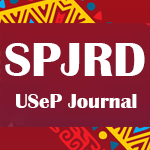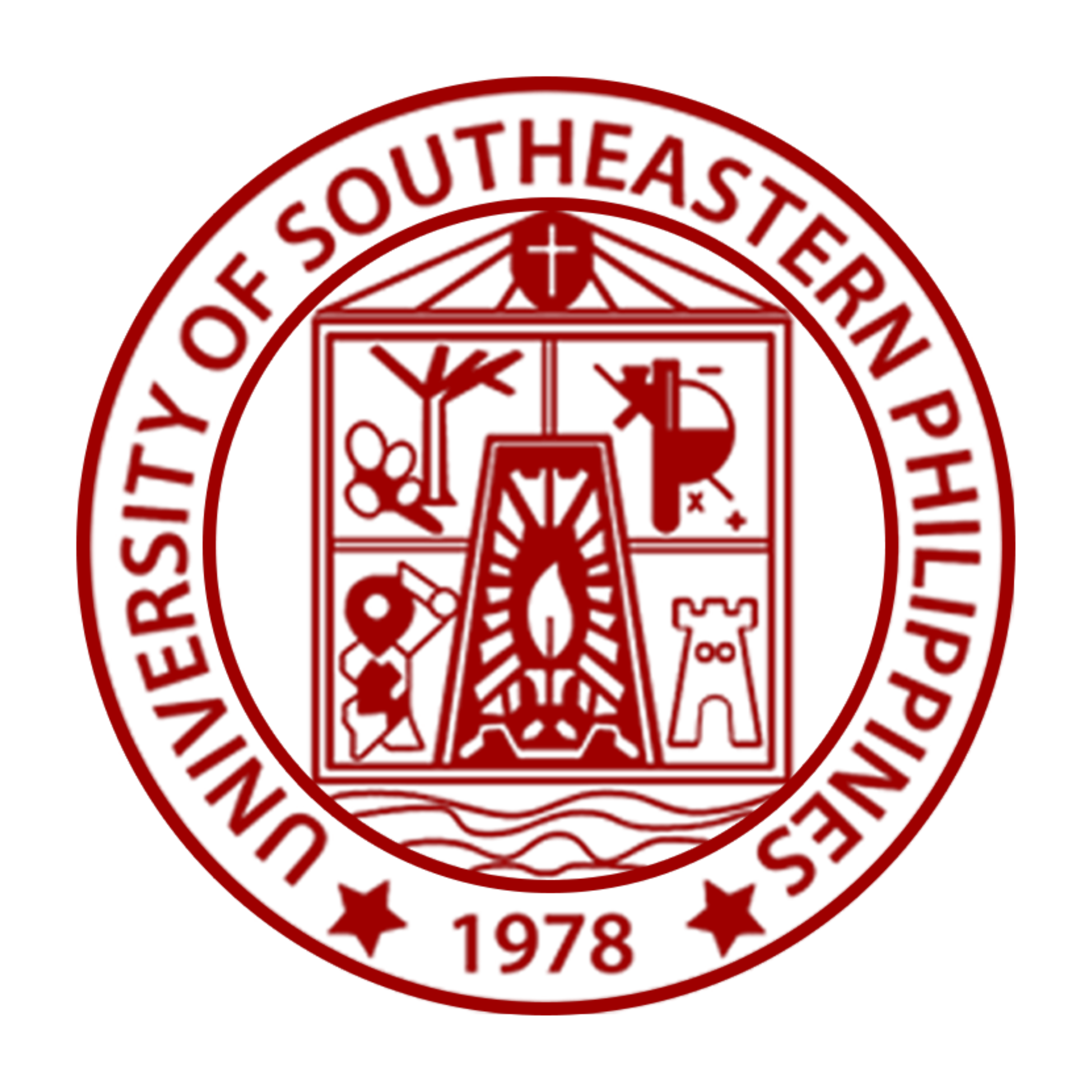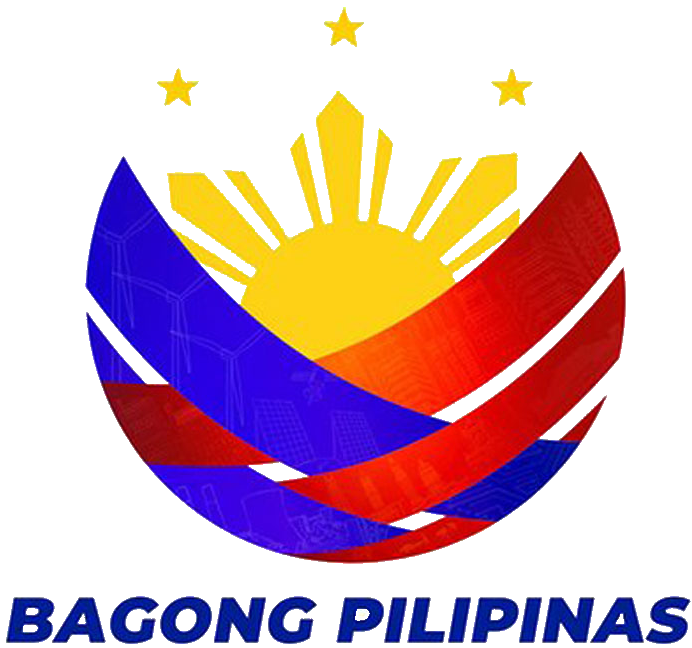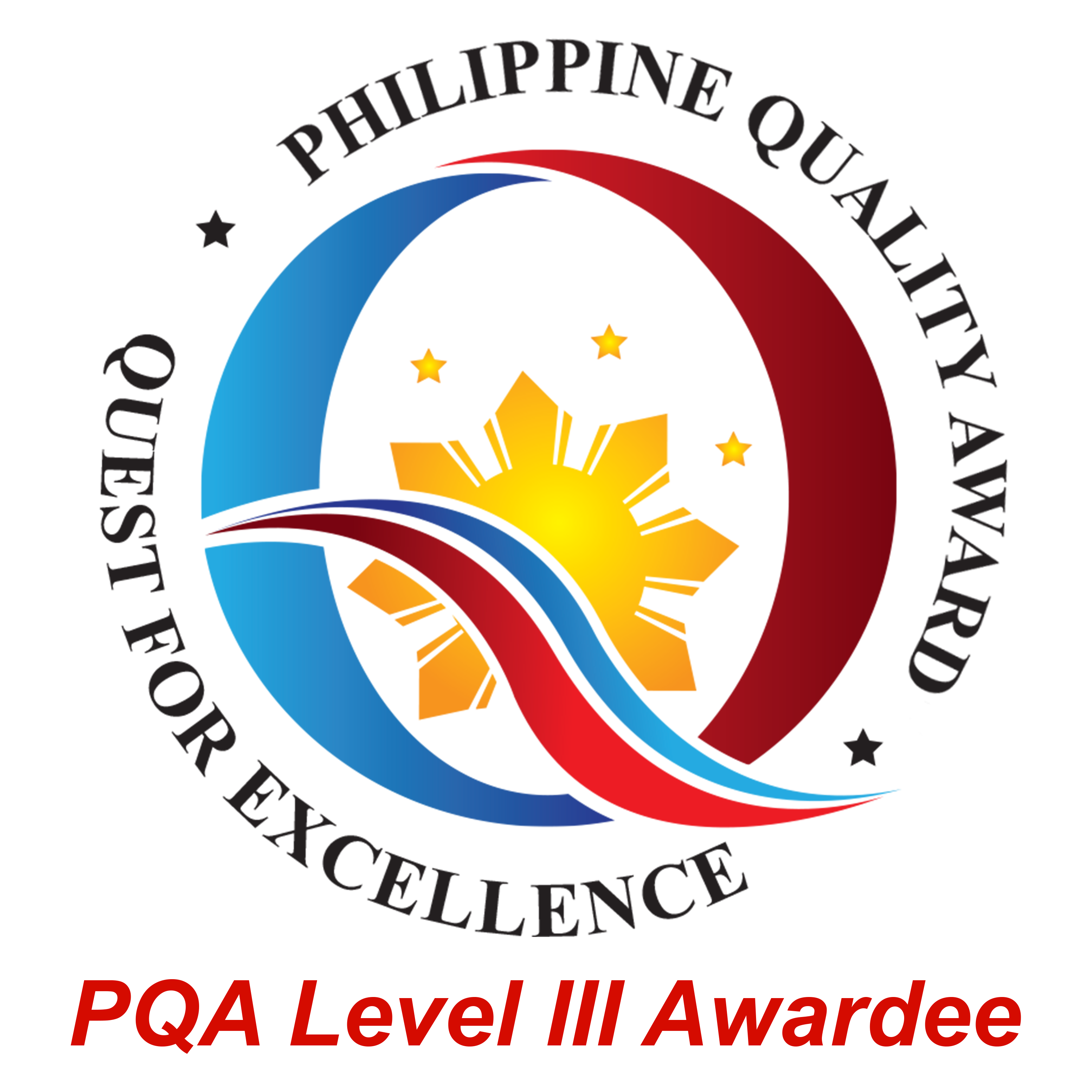The USeP College of Agriculture and Related Sciences (CARS), in coordination with the U.S. Soybean Export Council Southeast Asia (USSEC-SEA), hosted a two-day training on the Fundamentals of Animal Nutrition and Feed Formulation on February 17-18, 2025, at FTC Hall, USeP Tagum-Mabini Campus, Tagum Unit, Apokon, Tagum City.
The training provided faculty, staff, and students—particularly those in BSA and MSA majoring in Animal Science—with in-depth insights into the animal production industry, advancements in animal nutrition, and innovations in feed formulation, emphasizing sustainability and the advantages of using U.S. soybeans.
The event opened with registration, followed by welcoming remarks from Campus Chancellor Dr. Shirley S. Villanueva and USSEC-SEA Technical Consultant for the Philippines, Dr. Rhona Niña Reyes. Both speakers underscored the importance of proper animal nutrition, highlighting that feed costs account for the largest share of total animal production expenses.
Dr. Benito Oliveros, USSEC Country Representative for the Philippines, delivered a comprehensive presentation on the Philippine Feed and Animal Industry. He discussed current trends, challenges, and opportunities in the sector, providing participants a deeper understanding of the industry’s evolving landscape. As attendees gained insights into major challenges and trends in animal nutrition and production, Mr. Jerico Rod S. Calibo, Regional Technical Support for USSEC-SEA, emphasized the crucial role of nutritionists and feed formulation in feed production.
Following this, Dr. Rhona Niña Reyes presented Nutrient Requirements and Recommendations for all classes of Swine, outlining the nutrient requirements and feeding strategies for different swine production stages. This session laid the foundation for participants to enhance swine productivity and overall nutritional management as Dr. Reyes provided updated information from the industry.
In the afternoon, Dr. Joyce Cruz, an Animal Nutrition Consultant, provided practical strategies for Broiler Nutrition. She focused on the key nutritional needs of broilers to ensure optimal growth and productivity. She also addressed the broader factors affecting production, emphasizing that nutrition is just one of many critical elements in successful poultry farming.
After this, Dr. Oliveros discussed the significance of Sustainable Feed Ingredients, highlighting the need for more environmentally responsible and cost-efficient feed practices in the industry and elaborating on the competitive sustainability of U.S. soybeans over other producing countries. The series of presentations ended with the Practical Feeding of Swine topic from Dr. Reyes, who emphasized the various animal nutrient requirements that are to be adhered to make the feeding practical.
The second training day began with Dr. Cruz’s session on Layer Nutrition. This session covered the scientific and economic explanations, which talk more about the nutritional requirements when raising layers from day-old pullet to laying hens, as well as focusing on practical feeding techniques aimed at maximizing egg production while maintaining the health of the layers. Dr. Oliveros followed with a session on Quality Control Parameters for Raw Materials and Feeds, emphasizing the importance of maintaining high standards in feed production to ensure both feed quality and animal health.
After a short coffee break, Dr. Reyes explained the Principles of Feed Formulation in-depth, giving participants the tools they need to formulate well-balanced, cost-effective animal feed. A practical demonstration of linear programming followed. Participants took part in a practical session, the Feed Formulation Demonstration and Exercises, in which they applied the principles of feed formulation using the solver function of Microsoft Excel under the guidance of Dr. Reyes. This interactive session allowed attendees to apply their knowledge in a real-world context directly. Dr. Basilisa P. Reas, the USSEC Regional Technical Director – Animal Protein, then presented the role of Soybean Meal in Animal Feed, detailing its nutritional advantages and economic impact on feed formulations.
The event concluded with a final Q&A session, allowing participants to clarify any remaining questions about animal nutrition, followed by awarding of certificates. USSEC’s efforts in conducting this training provided valuable knowledge and practical tools that will contribute to the continued development of the animal science community at USeP.
This successful collaboration underscores the University’s commitment to advancing agricultural education, promoting sustainable animal nutrition, and enhancing the local animal production industry.
#USePCARS
#USePCARES
#WeBuildDreamsWithoutLimits
























